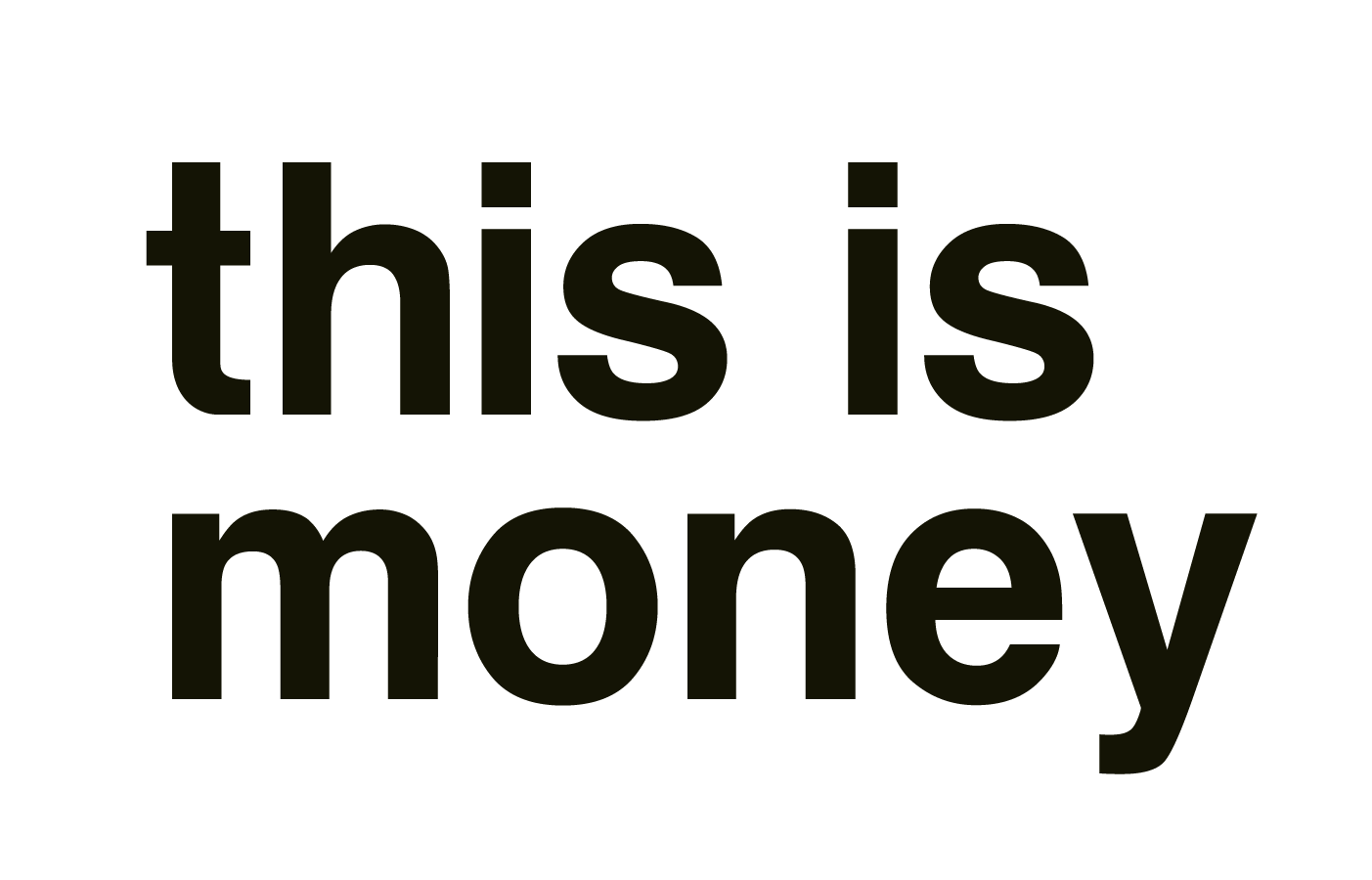how to set your career goals
Setting a goal is simple. Achieving a goal . . . well that’s the hard part.
But don’t worry, Shell and Em have got you covered with a how-to guide that will have you achieving your career goals in no time!
A goal is what you want. Simple right? But how can you make sure you get what you want? In the latest episode of my millennial career all about how to achieve your career goal.
First up, define your goal
Your goal should describe what you want, not what you want to avoid. It should be motivating and inspiring, driving you towards something.
When goals are expressed as a negative, like ‘quit smoking’ for example, they are less successful as they are based on the premise of giving up. So instead, flip your goal to be achievement-oriented! Ask yourself “what will that give me?” – it might be better health or a higher disposable income.
To help you set your goal here are some questions to ask yourself:
What do you have that you want more of?
What do you have that you want less of?
What do you not have that you want more of?
What do you not have that you do not want?
Once you’ve answered these questions, find the ideas that you are most drawn to. What can you talk about endlessly and still feel energised? Your goal will come from there.
Next, test your goal against your values
This step so often gets overlooked, but it’s absolutely crucial! Your values are what you love and care about – they define who you are as a person and exist in your present state. On the other hand, your goal is what you want in the future.
Your career goal needs to align with your values. This will guarantee that when pursuing your goal gets tough, you will persevere. A strong connection between your career goal and your values will empower you to keep going when faced with the temptation to compromise on your goal, or to give up altogether.
If you try to force yourself to achieve a goal that is not aligned to who you are and what you value, it can lead to all kinds of negative outcomes. So often, people reach their career goal only to realise that they don’t feel the happiness they expected. This is because their goal contradicts who they are and what’s important to them.
Conversely, if you’ve had difficulties achieving your goal or maybe you’re not feeling motivated by it, your goal may not by linked to your values. This leads to unhelpful limiting beliefs, self-doubt and mental and emotional dissonance.
If you don’t know your values, take the time to define them. Think about:
What matters to you? What do you love and care about?
What energises you? What gets you into a state of ‘flow’?
What drives you crazy? What makes you feel angry or frustrated?
What do you admire in other people? What draws you to a person?
Look for the common themes and you’ll get a sense of your values. They might be one word, or a phrase. There is no right or wrong.
Now you’ve done that – own it!
Your goal should be owned and driven by you! This is what we (and by we, we mean Em) call ‘career self-reliance’.
When you rely on other people or external circumstances to achieve your goal, it increases the risk that you won’t get there. Reaching your goal requires personal ownership, discomfort and a lot of hard work.
To own your goal, you need to understand where you are now (current state) in relation to where you want to be (future state). Take some time to review your current state. Get out the whiteboard, laptop or notepad and map your current state by answering each of these questions:
What skills do you have now and what are you missing? (Don’t just think about work, consider your whole life!)
What knowledge do you have and where are the gaps? (Again, think of this as knowledge collected in life, not just through formal education.)
Who do you know, and who would you like to connect with that can support you in your journey?
Once you have your answers, look for the gaps between where you are currently and where you want to be in the future. From here you can design smaller goals or objectives that will help you take steps towards your overarching goal.
Remember, a goal is what you want. Plain and simple! Achieving that goal is dependent on how strongly it connects to your values, and how much you’re prepared to own it.
Keen to build a career you love?
Check out Shell Johnson and Glen James’s book, Sort Your Career Out & Make More Money! It's all about building a career you love, and making more money along the way.













